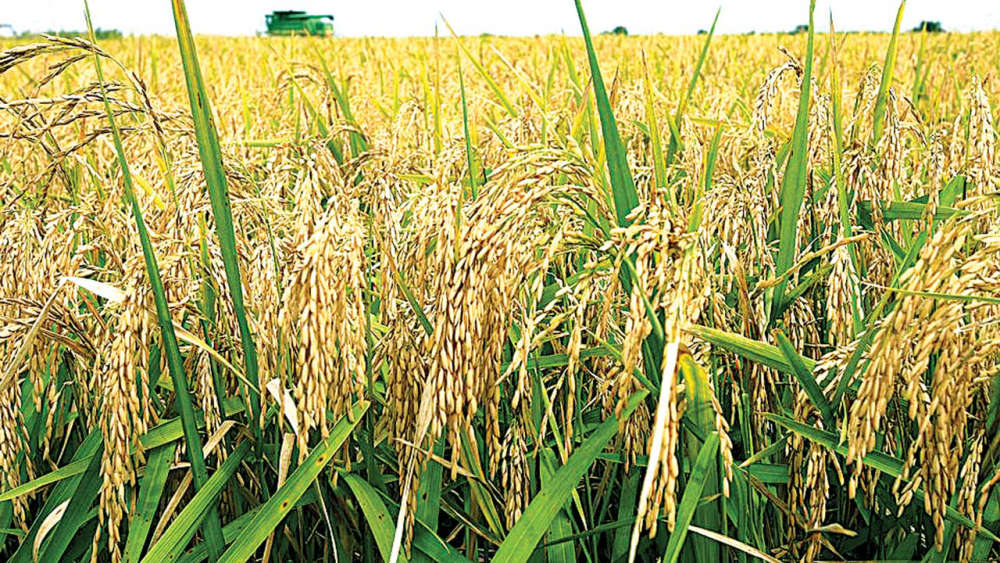
President Bola Tinubu has declared a national emergency on food security, as part of measures to check food inflation and guarantee price stability.
Announcing this on Thursday, the Special Adviser to the President on Special Duties, Communications and Strategy, Dele Alake said the president was mindful of the rising cost of food and how it affects Nigerian households.
The president, therefore, directed the release of fertilizers and grains to farmers and households to mitigate the effects of the fuel subsidy removal.
Similarly, land banks will be activated with 500,000 hectares already mapped out to increase arable land availability.
The government will enhance irrigation to ensure all-year farming while setting up ranches with state governments to eliminate the archaic method of livestock farming.
Mr. Alake added that a national commodities board will be in place to help ensure price stability, just as security will be beefed up to ensure that farmers return to their farms.
He said the high cost of transporting agric products will be addressed through rail and water transportation, while the export capacity of the agric sector will be strengthened.
Mr. Alake further announced that savings from fuel subsidy removal would be used for interventions in the agric sector.
Middlemen and commodity merchants were advised to release grains that have been hoarded as the government will be releasing all grains in the strategic reserves.
Mr. Alake noted that agriculture accounts for about 35.21 percent of employment in Nigeria (as of 2021), and stressed that President Tinubu’s mandate is to double this to about 70 percent in the long term.
This would be done by creating 5 to 10 million more jobs for Nigeria's teeming youth population, he added.


